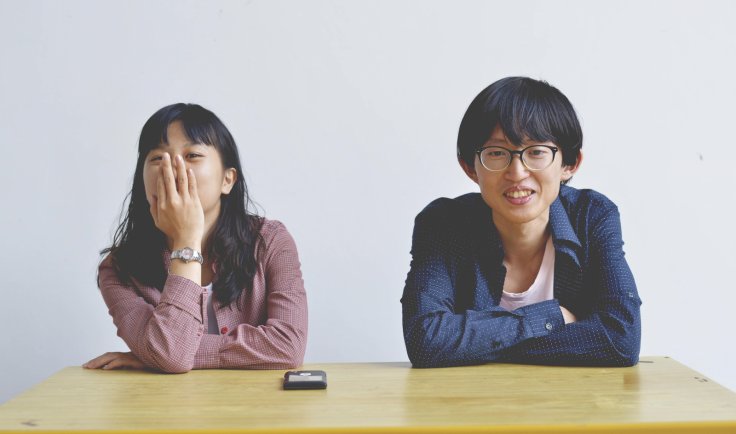Chinese national Dennis Hu, a student at Boston's Northeastern University studying fourth year of his doctorate in computer science, flew to China in 2020 before the lockdown to celebrate the Lunar New Year with family. Unfortunately, he was not allowed reentry into the U.S. due to the pandemic.
Two months post the lockdown, former President Donald Trump was briefed by intelligence agencies that China was recruiting spies in the form of students and is sending them to the U.S. to steal information from American research on Science, Technology, Engineering, and Mathematics (STEM).

Faced with threats of Chinese students conducting an espionage on U.S. soil, Trump introduced a ban on STEM student visa from several Chinese universities making it impossible for students who had returned to China to get their visa renewed.
A year and a half later, Hu is still in China and has no idea when the U.S. will renew his visa so that he'd fly back to Boston to complete his studies. The ban, at first which was to control the spread of the pandemic, turned political and Hu is among 1,000 odd Chinese students who are blocked reentry into the United States.
The Chinese nationals who are affected by the visa ban claim that they aren't spies and haven't been recruited by the Chinese government but had come to America to pursue higher education so they can lead a better life and contribute to society.
A few Chinese students are so enraged with the visa ban that they've started a crowdfunding to help them hire a lawyer and file a legal suit against the U.S. government for not allowing them to enter the country.
''The ban is based on a simple presumption: If you have been to a certain school, you will be targeted and labeled as a spy. I think it's a policy of discrimination based on nationality,'' said Dennis Hu to CNN and continued, ''The combination of the (ban) and the pandemic have led to a complete derailing of studies, their careers and their lives.''
Are Chinese Students in U.S.Spies?
The Australian Strategic Policy Institute (ASPI), which is an independent think tank has warned for years that China is recruiting students as part of its ''military-civil fusion strategy'' by placing students in the U.S and gathering information about the evolving patterns of STEM.
''It is legitimate to be concerned about vulnerabilities within universities,'' said former US diplomat who worked in Beijing. However, China has called the claims of student espionage ''groundless and unsubstantiated'' saying the U.S is using bigotry and discrimination to hurt the interests of Chinese nationals.








